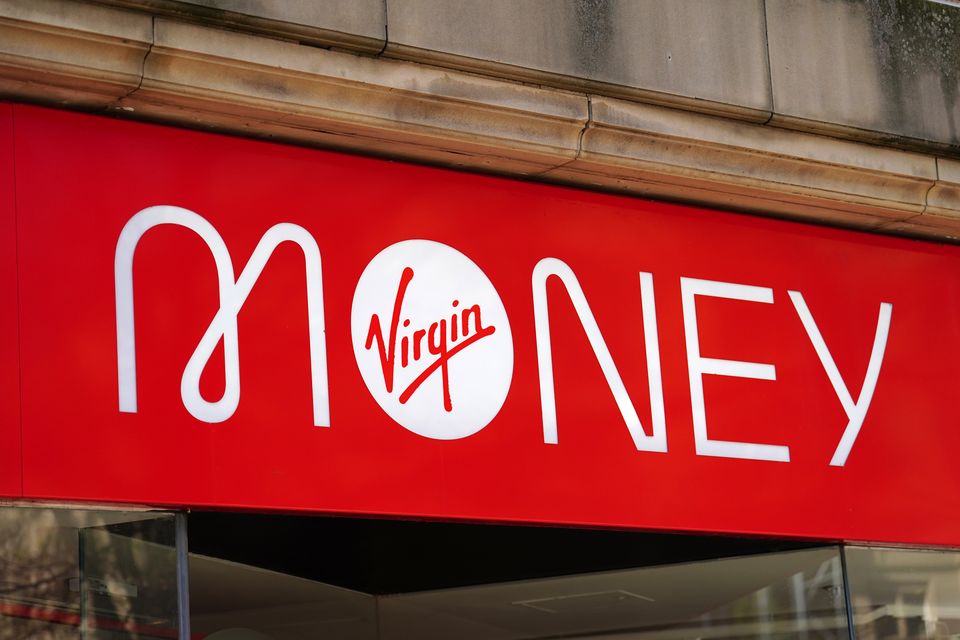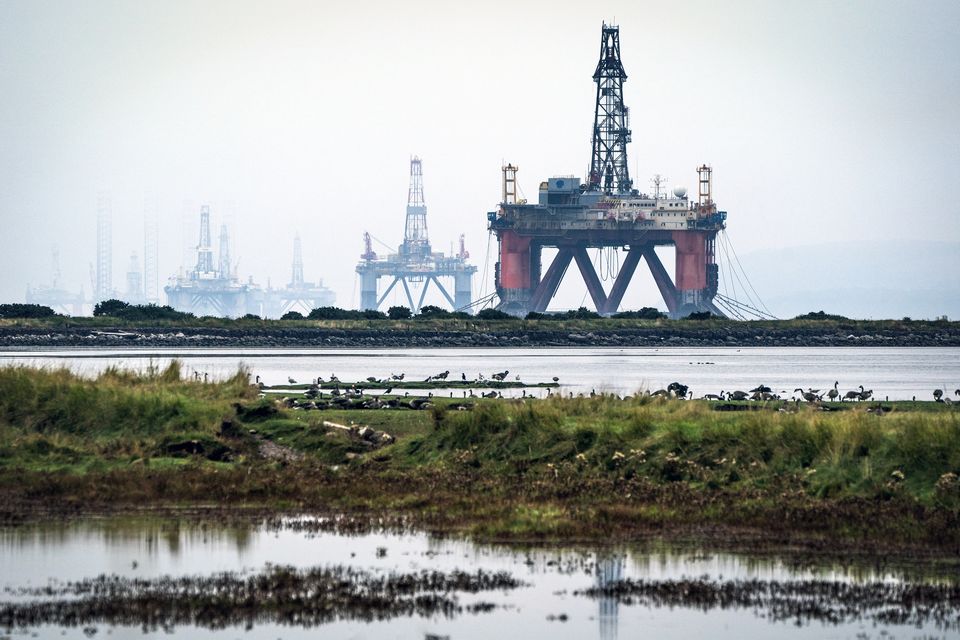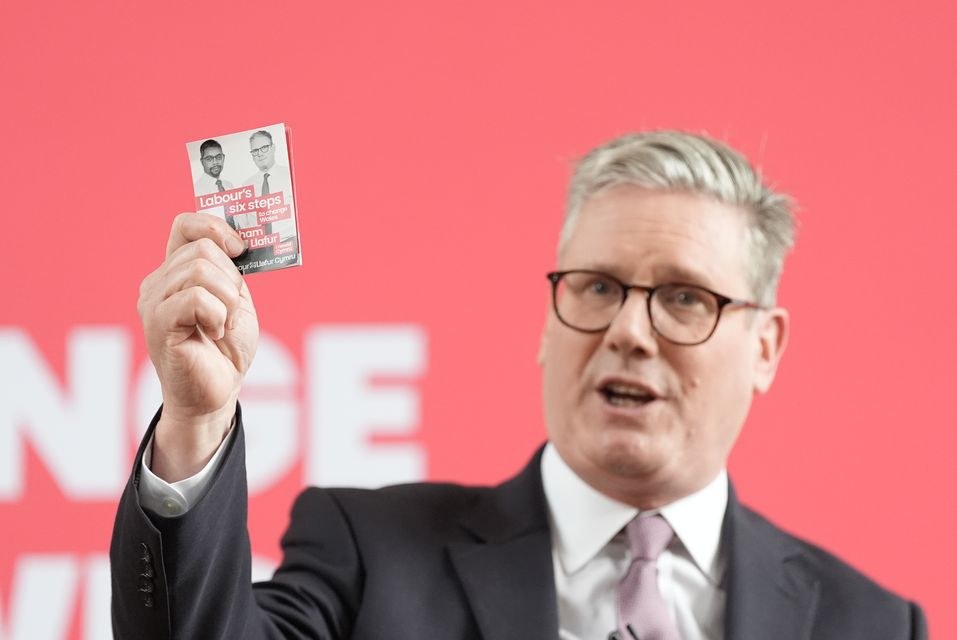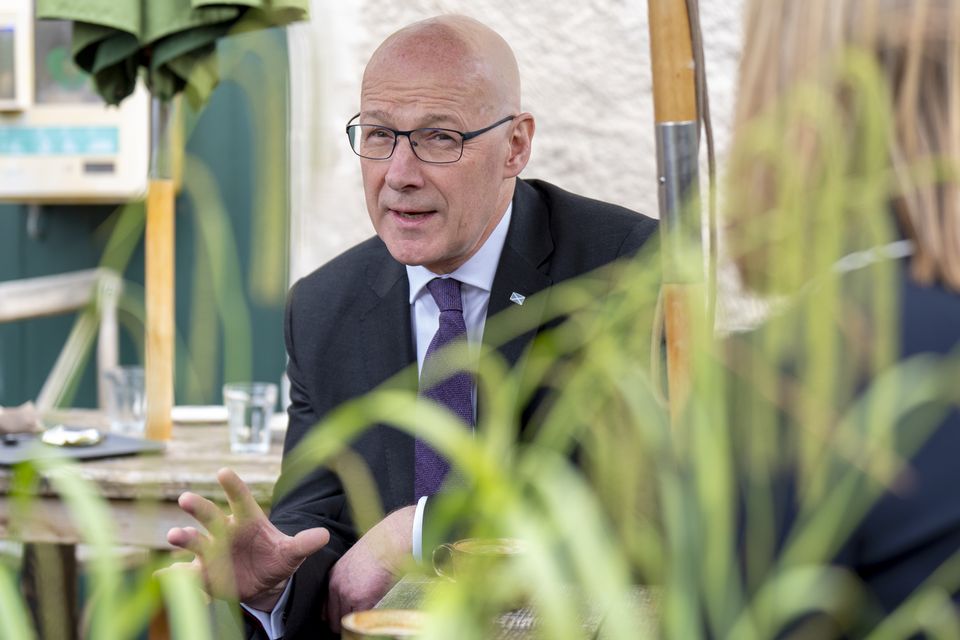The former president’s MK party gained at the expense of the goveerning ANC, which is set to lose its majority for the first time since the end of apartheid, in dramatic setback.

By Qaanitah Hunter
Published On 31 May 2024
Johannesburg, South Africa – Former President Jacob Zuma, is emerging as the biggest victor of South Africa’s general elections as his new breakaway uMkhonto we Sizwe Party (MK Party) appears poised for major gains at the expense of the country’s governing African National Congress.
With more than two-thirds of votes counted on Friday evening, the MK appeared to be on the cusp of grabbing power in KwaZulu Natal, comfortably leading in a province where the ANC has never previously lost since the first post-apartheid elections in 1994.
Nationally, as results trickled in, the MK stood third with approximately 12 percent of the vote, behind the ANC with about 42 percent of the vote and the principal opposition party, the Democratic Alliance (23 percent). The votes counted so far paint a clear picture of the MK winning over chunks of the ANC’s traditional support in its strongholds.
In addition to KwaZulu Natal and the Western Cape — where the DA looked set to return to power with a clear majority — the ANC has also taken a lashing in the province of Gauteng, where it is also far short of a majority of its own.
Over the past two days, these trends have only solidified, and if they persist, the ANC will — for the first time in 30 years — need to plead with some opposition parties to support it in a national coalition government if it is to remain in power under President Cyril Ramaphosa. It will also need to do the same to stay in power in provinces like Gauteng.
These results signal the “death of ANC dominance”, said analyst Sizwe Mpofu-Walsh.
“I think it is good. There is as much hope as there should be fear. People are worried and uncertain of what’s going to happen; it will open new avenues for change and new avenues for accountability,” he said. Mpofu-Walsh said the ANC’s electoral loss was a combination of arrogance and denial of their failures.
Independent political analyst Sandile Swana said the ANC had joined other liberation movements that were punished for failing to deliver on their liberation promises. “Swapo in Namibia, Zanu PF in Zimbabwe and the ANC in South Africa are in exactly the same boat,” he said, referring to the parties that led the independence movements in Namibia and Zimbabwe respectively.
Advertisement
Imraan Buccus, an academic and researcher at Auwal Socio-economic Research Institute, said the election results point to the ANC’s implosion. “It is consistent with what has happened to liberation movements across Africa. There are examples in Zambia and Kenya,” he said.
Buccusa said that a combination of ANC failures and an unequal economy resulted in the election outcome.
By signing up, you agree to our Privacy Policyprotected by reCAPTCHA
According to the World Bank, 55 percent of South Africa’s population is considered to live in poverty. The ANC’s 30 years in office have been characterised by deepening joblessness – currently at 33 percent. Systemic corruption and government inefficiency, resulting in worsened conditions of living, are also among the issues facing South Africans.
Populist politics
Early election projections suggest that while the ANC has seen a massive loss in support, other opposition parties were unable to capitalise on this.
As results were consolidated, the DA showed marginal gains. Its leader, John Steenhuisen, told journalists on Friday that he was happy with the growth of his party. “Growth is growth,” he said when pressed about his party’s slight increase in support. It won 21 percent of votes and seats in the 2019 elections.
Advertisemen
Meanwhile, it is not just the ANC that appears to have lost voters to the MK. The left-wing Economic Freedom Fighters’ numbers have dropped, too.
The MK Party drew support across Zuma’s home province of KwaZulu-Natal, attracting voters in rural and urban areas, as well as in areas in Gauteng and Mpumalanga provinces.
Zuma, a stalwart of the anti-apartheid movement who was removed from presidential office in 2018 amid a cloud of corruption allegations, is a popular figure among many South Africans and has relied on populist policies to attract votes.
During the election campaign, he attributed South Africa’s struggles to “white monopoly capital” and fashioned his successor, Ramaphosa, as an “agent of capital”. He also criticised the ANC for its failures without conceding that he was president of the party for 10 years and deputy president for as many. Zuma made bold promises to end unemployment and poverty.
He has denied any wrongdoing and has styled himself as a victim of the judiciary. The former president holds a criminal record for contempt of court and, as a result, was imprisoned in July 2021.
Swana said Zuma’s scandals did not derail his support. “Zuma has been able to profile himself as a victim who is persecuted by all,” he said.
The ANC’s national chairperson, Gwede Manatshe, conceded that he was surprised by the MK Party’s performance in KwaZulu-Natal and conceded that the ANC had performed badly in this year’s polls.
“MK is doing well in KZN; they have surprised me a little bit,” he said.
Mantashe however, attributed Zuma’s support to ethnic nationalism, arguing that Zuma had appealed to the province’s Zulu population, with which he shares a tribal identity, to galvanise support.
But Swana said Zuma’s support went beyond identity politics.
“Zuma is loved by the people in KwaZulu-Natal,” he said, attributing it to the role he played in negotiating an end to post-apartheid violence among the majority Zulu population in that province.
He pointed to how Zuma’s entry into the MK Party effectively fractured the ANC, with many other party leaders and supporters also crossing over to the former president’s new political home.
That internal split has cost the ANC significantly, he said.
Zuma’s use of populist policies and rhetoric, and his success with that strategy, was in keeping with the global trend of support for populist leaders, said Buccus, citing former Brazilian President Jair Bolsonaro and former Philippines President Rodrigo Duterte as examples.
“In the context of the current failures of the ANC government, people look for alternatives,” he said. “We have seen examples like this worldwide.”
Who forms the next government?
While the Electoral Commission is expected to announce final results on Sunday, the ANC has already begun informal talks with possible coalition partners.
The ANC’s Mantashe said the party had not planned for this outcome, saying, “Coalitions are a consequence, you don’t plan for consequences.”
However, the MK Party had ruled out a coalition with the ANC.
Other opposition parties remained tightlipped on whether they would consider talks with the ANC, saying they would wait for final results to be announced first. According to law, a president has to be elected within 14 days after the election results are proclaimed by the Electoral Commission.
Mpofu-Walsh said that South Africa’s political terrain is expected to be “noisy and unstable”.
But he said the full consequences of the ANC’s decline in support will be seen in time.
SOURCE: AL JAZEERA
Party, once led by global icon Nelson Mandela, used to secure more than 60% in all elections since 1994, barring 2019, when its share dipped to 57.5%
Hassan Isilow |31.05.2024 -

JOHANNESBURG
South Africa’s African National Congress (ANC) party in power since 1994 is headed to losing its majority in parliament according to partial election results from Wednesday’s highly contested national and provincial elections.
According to 52% of the votes counted by the Electoral Commission of South Africa (IEC), the ANC has obtained 42.34% of the vote, followed by the official opposition Democratic Alliance at 23.39%.
Former President Jacob Zuma’s uMkhonto weSizwe party formed less than a year ago is currently in the third position having polled 10.77% of the vote followed by the Economic Freedom Fighters which clinched 9.62% of the vote.
The ANC, once led by global icon Nelson Mandela, had 230 seats in the previous parliament. The party used to secure more than 60% in all elections since 1994, barring 2019, when its share dipped to 57.5%.
South Africans on Wednesday voted to elect national and provincial lawmakers in a contest believed to be the tightest since the first post-apartheid democratic elections of 1994.
There were over 27 million registered voters in the country of some 62 million people, and 70 political parties contested in these elections.
Experts and opinion polls have suggested that the ANC might not get a 51% mark to win the elections and form its own government without a coalition.
The IEC said Wednesday night this election had a huge voter turnout compared to the 2019 general election.
South Africans voted for lawmakers of provincial legislatures and 400 members of parliament, known as the National Assembly.
The voting is on a party basis and the parties get seats in the parliament.
The lawmakers will then elect the president, which means that the party that wins the election gets the ultimate power in the country.
Electoral Outcome Means a Worrying Future for South Africa
Although there are still many votes to be counted the broad outlines of the South African election are clear.
There are four key factors for the left to consider.
One is that, outside of some largely rural provinces, support for the African National Congress (ANC), the party of Nelson Mandela, is now in steep decline. The ANC will not win a national majority but should be able to govern in coalition with other parties.
With massive unemployment, extremely high rates of interpersonal violence, collapsing services such as water, electricity and roads as well as brazen corruption it is not surprising that people are turning away from the party of national liberation. This means that at the national level a coalition government will be necessary. The likely character of this coalition is not yet clear.
A second point is that the massive investment in a set of new liberal parties by a set of white billionaires ended in complete failure. Their major investment was in a party called Change Starts Now which didn’t even get enough signatures to get onto the ballot. The other parties funded by white capital, namely Build One South Africa and ActionSA, as well as the independent candidature of former Marxist Zackie Achmat, all won negligible support. The established liberal party, the white-dominated Democratic Alliance, which is also funded by white capital has held its ground but the mediocrity of its leadership and its tin ear on questions of race makes it impossible to grow beyond its current limits.
A third point is that the white liberal media, which continues to exercise a powerful influence over the national conversation, was shown, once again, to be totally out of touch with the popular mood. It gave copious and often fawning space to the set of failed parties funded by white capital while failing to grasp the deep sense of political alienation driving many voters into forms of anti-liberal and at times anti-democratic populism.
A fourth point is that three of the top five parties are authoritarian and populist in orientation, with all three having a record of corruption and two, having a straightforward ethnic character. Former President Jacob Zuma’s MK Party surged on a tide of Zulu nationalism and Gayton McKenzie’s Patriotic Alliance (PA) did the same on a tide of ‘coloured’ nationalism. Zuma and McKenzie are both reckless populists and extreme social conservatives. Both take crude xenophobic positions and Zuma throws hardcore sexism into the mix while McKenzie also takes an extreme pro-Israel position. The other authoritarian populist party, the Economic Freedom Party (EFF), is, at least, non-ethnic in its support base and orientation.
The complete failure of the new liberal parties funded by white capital, as well as the equally complete failure of the white media (also funded by white capital) to understand the country, indicates the deep alienation of this sector of society from the rest of society. Despite this the hold on the digital media by white capital gives it significant power to shape the national discourse, something that those wanting a realistic understanding of the country need to approach critically. The leading political analyst Steven Friedman has been making this point for years but it has now been dramatically reinforced.
On the face of it, support for Zuma seems wholly irrational. While in the Presidency he ran a massively corrupt government that looted state-owned entities such as the Post Office, the electricity supply company, the national airline and others to the point where they have collapsed. At the same time, there was a turn to brutal repression, with the massacre of striking platinum miners in Marikana being particularly infamous. Numerous grassroots activists organizing in urban shanty towns and against mining companies in rural areas were assassinated, as well as a number of honest civil servants. Most South Africans emerged from Zuma’s nine years in the presidency poorer and the decline in intuitions, including hospitals, and services was stark. Zuma is, to put it plainly, a version of the Big Ben Mambo character in Ngũgĩ wa Thiong’o’s darkly comic novel Wizard of the Crow.
But ethnic politics can be intoxicating and people elsewhere in the world have voted for buffoons like Donald Trump, Boris Johnson, Jair Bolsonaro and Javier Milei. Unfortunately, support for Zuma, as dangerous as it is for the country’s future, is no anomaly.
The surge of support for Zuma will entrench the turn to ethnic politics, catalyze another round of looting from the state, result in an even more rapid collapse of services and institutions and place grassroots activists in grave danger of further repression, including assassinations. Everyone aside from a predatory political class will lose.
But without a left party on the ballot, the declining confidence in the ANC means that political space is left wide open for the authoritarian populists to use ethnic mobilization to mask kleptocratic forms of politics. The EFF, PA and Zuma’s new party are all authoritarian in outlook, with Zuma openly taking anti-democratic positions such as seeking to place traditional chiefs over elected representatives. If these forms of politics come to fully dominate electoral politics in the next election, which will be held in five years, democracy will face a serious threat.
This means that the left has five years to build a credible party that can speak to the terrible circumstances in which most people live and offer a viable social program to address those circumstances rather than predatory forms of ethnic populism. Getting to this point will not be easy. For a start, it will require the mass-based organizations of the left to start working together in a serious way. It will also require these organizations to hold their ground against the tiny but often vociferous sectarian middle-class organizations and networks that always demand a right to take control of popular experiments in left unity and party building.
The mass organizations of the left have considerable membership, but have significant differences in their politics and their organizational forms and cultures. Moreover, no leader has emerged who, in the manner of Lula da Silva, Bernie Sanders or Jeremy Corbyn, could unify the left. There is not a clear road ahead for the left, but without a left party the country could well be at the mercy of a predatory and kleptocratic political class unleashing the demons of ethnic politics come the 2029 election.




